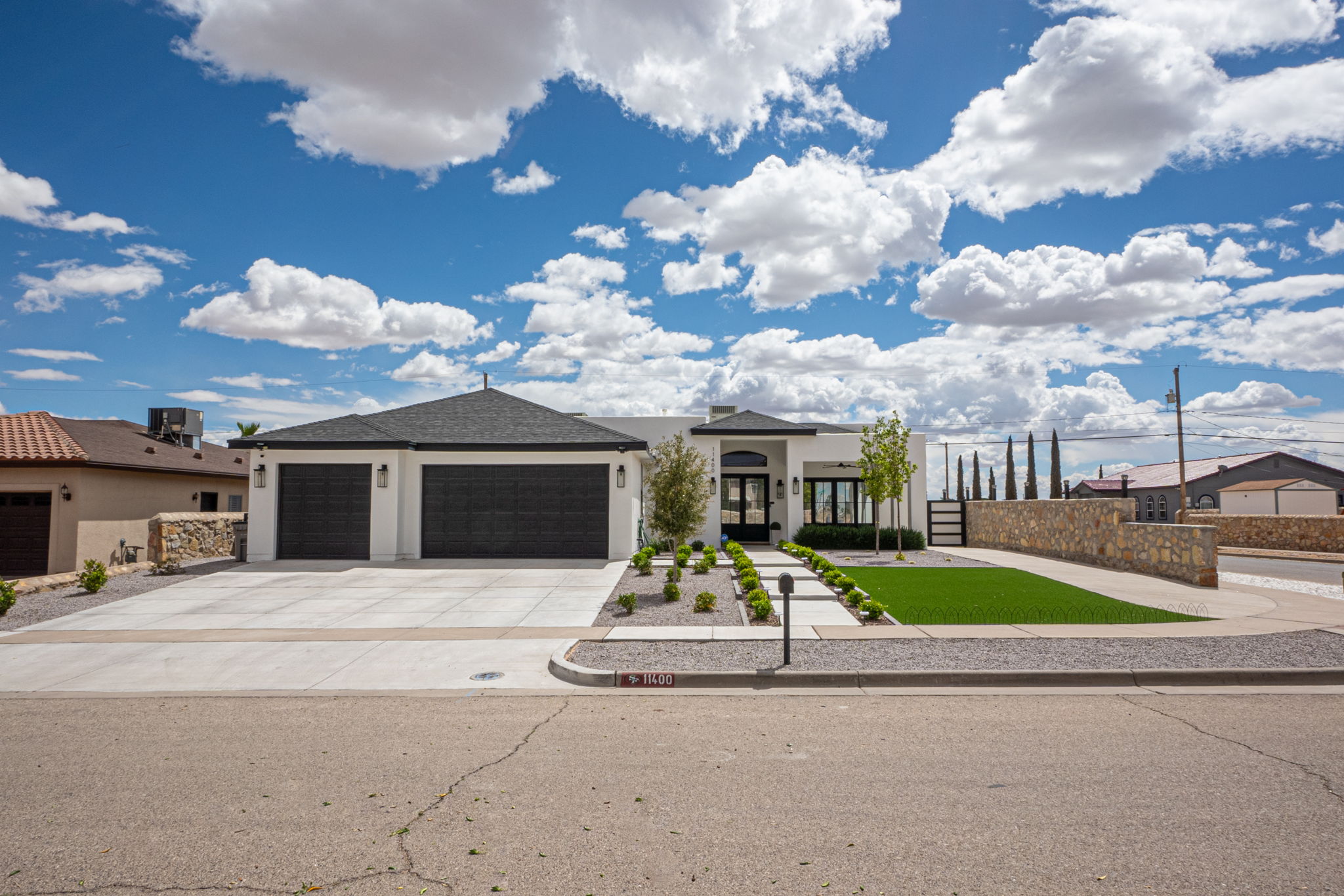
Discover the epitome of stress-free home buying with Royal T Realty. Thomas Folden is your trusted guide through every step of the process. At Royal T Realty, we understand that buying a home is more than a transaction—it’s the realization of a dream. With a wealth of industry knowledge, we curate a personalized experience tailored to your unique needs. From identifying the perfect property to negotiating the best deals, Royal T Realty is committed to ensuring your home-buying journey is smooth and rewarding. Choose Royal T Realty for a home-buying experience that goes beyond expectations, turning your dream home into a reality.
Becoming a new homeowner is almost as exciting as it is stressful. After all, it’s a substantial financial investment, and there are plenty of factors you need to consider before settling on a home, e.g., commute time, neighborhood, schools, square footage, etc., but the most important one is cost.
Naturally, the next step is to figure out your budget or how much you’re willing to spend. Most people simply decide on a maximum price cap before moving on with the purchase.
While it sounds like a good idea on the surface, you might end up house-poor because of buying a home you really can’t afford. And because it’s probably the biggest purchase you’ll probably make in your life, you might as well get it right by determining how much house you can afford.
Before you even start going through property catalogs, the first you need to do is be brutally honest about how much you can afford; that means getting a clear picture of your finances.
While it isn’t as enticing as looking through realtor listings, it’s something that can’t be overlooked. And, No, a rough guestimate in your head won’t do; you need to confront your money beast.
You need to figure out how much is your gross income, what you spend your money on, credit card debts, your total savings, etc.
Other than that, you also need to know the role that home expenses, mortgage rates, and credit play in determining how much house you can afford before purchasing.
Whether you’re buying your first or next home, you typically have to go through the prequalification process, the results of which can be shocking. Like most people, you get caught up in all the excitement of being able to afford to take out a loan that’s much higher than what you can afford.
And because the advice is coming from an expert, you end up believing them. Big mistake. That’s because the main reason banks exist is to maximize profits.
By giving you the highest amount you can qualify for, they’re able to make a sizeable chunk of profit from the interest alone. But to understand why you shouldn’t simply rely on what lenders give you, here are two formulas creditors use to find out the pre-approved loan amount:
However, the crux of the problem isn’t with either of the percentages but what the bank ignores; your monthly expenses.
From utility bills, child care needs, new home expenses, to how long you intend to live in your new home, they don’t care about any of that when evaluating your loan limit.
But this is only just the beginning when determining how much house you can afford to buy.
Typically, most banks will offer you a mortgage loan depending on the monthly mortgage payments they think you can afford. As we said earlier, banks pretty much ignore any other expenses that come with owning your new place.
So if you buy a fixer-upper, then you might have to incur the costs of any renovations or repairs that you might, which can be significant. On the other hand, owning a more prominent home typically raises your monthly expenses.
If you’re still relying on the guestimates instead of cold, hard facts, then it’s about time you got a good grasp of your spending habits. Add all of your income sources and monthly expenses over the past quarter and categorize them into two categories, i.e., fixed and discretionary.
Fixed expenses are incurred regularly, e.g., rent, while discretionary can be loosely used to categorize everything else. Group your discretionary expenses before calculating the average spent on each group using a spreadsheet.
Make sure you’ve saved up more than enough liquid capital for the down payment. Generally speaking, as a buyer, you’ll be required to put down a down payment of anywhere between 5-20% of the home sale price but can sometimes be up to 3%.
That said, if your down payment is below 20%, then you’ll be required to pay for Private Mortgage Insurance (PMI) every month until your premiums can grow your home equity to 20%.
One of the most overlooked aspects in determining how much house you can afford to buy is your ability to pay closing costs. Before a mortgage loan is approved, it incurs several fees during processing, and if you are not well-prepared, you might be in for a rude awakening.
While closings costs vary from one lender and state to the next, as a borrower, it’s your job to handle closing costs.
They include underwriting/processing, closing agent/attorney, recording, credit reporting, and appraisal fees which can quickly add up to 3% of the loan.
Fortunately, creditors are required to give you an approximate total of the fees in good faith that you might incur on your mortgage loan.
Now that you know how important it is to determine how much house you can afford before you buy, you’ll be able to make the most out of your huge investment. Once you have all of your ducks perfectly aligned in a row, it’s time to call your realtor and attend a few open houses.
PS: we’ve got some excellent listings that you wouldn’t want to miss out on. Call now to find out more.